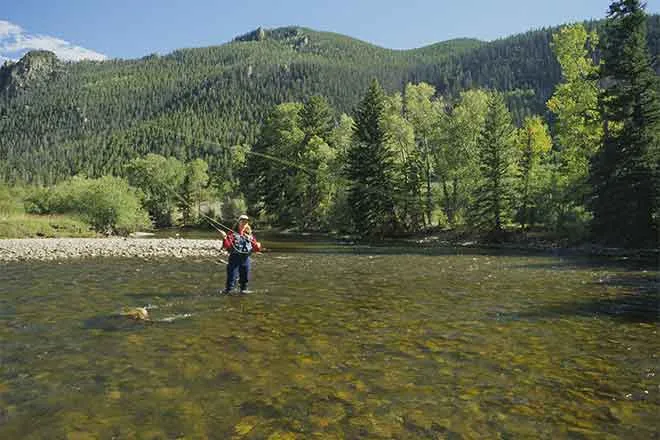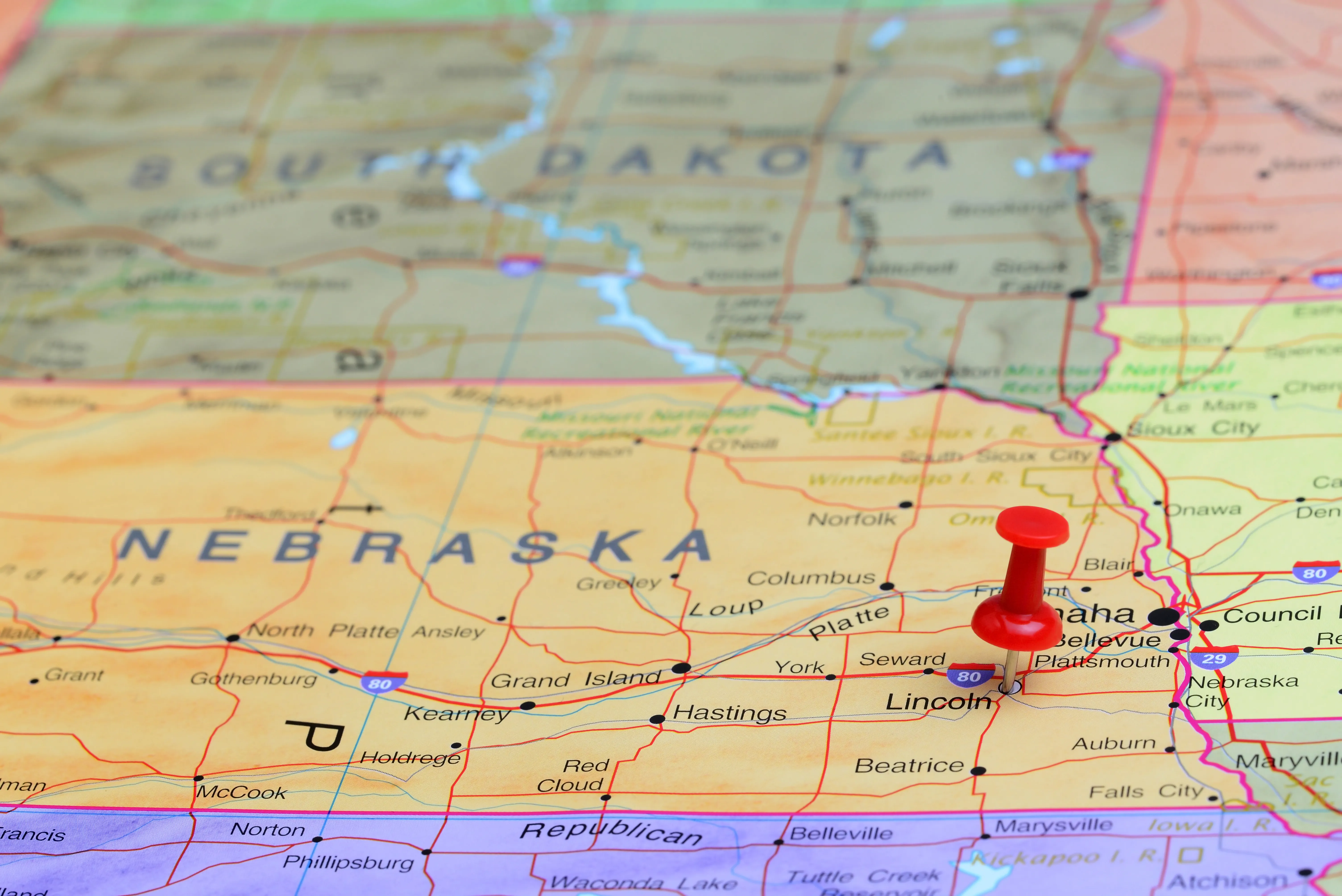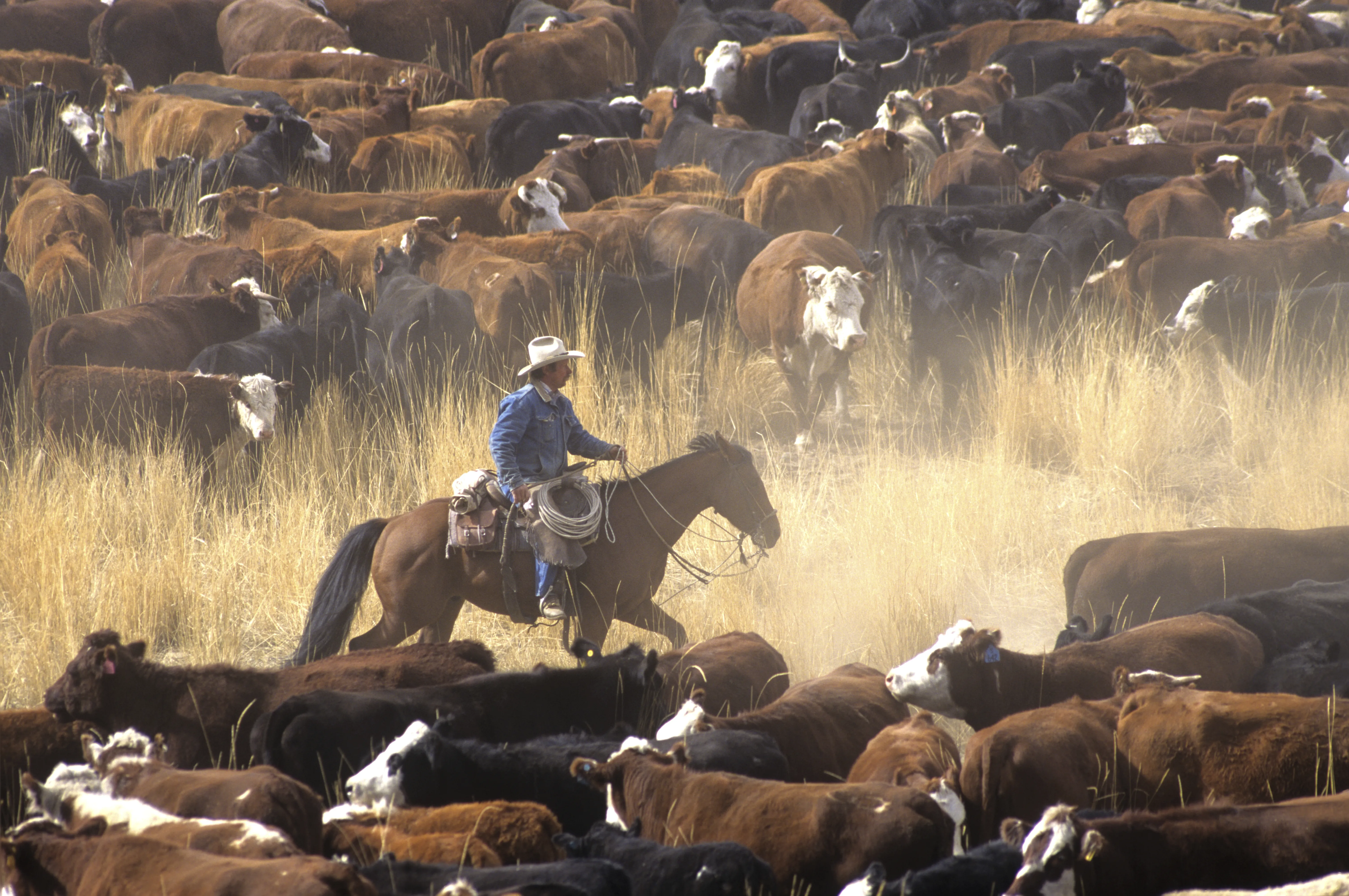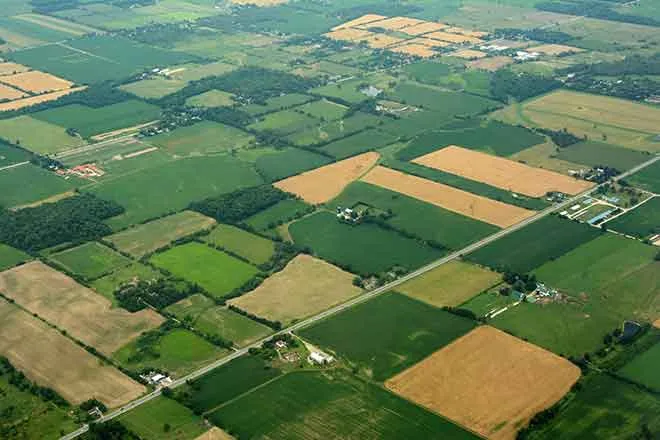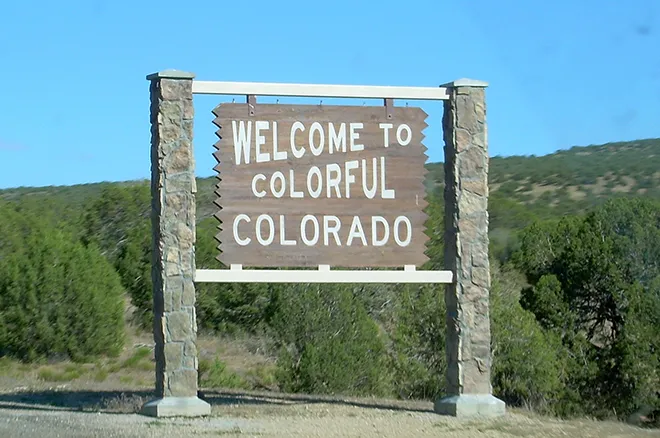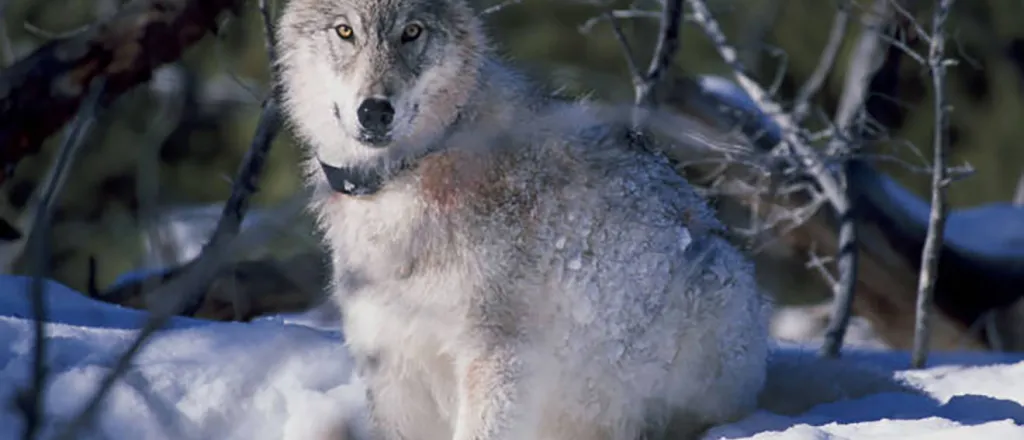
Wildlife advocates decry Washington wolf population decline
Click play to listen to this article.
Wildlife advocates are alarmed by a new report from the Washington Department of Fish and Wildlife showing the state's wolf population fell nearly 10 percent last year.
The vast majority of the wolves were illegally and legally killed by humans. The report also showed the number of successful breeding pairs, a key population indicator, dropped 25 percent last year.
Amaroq Weiss, senior wolf advocate at the Center for Biological Diversity, said seven illegal killings are under investigation, though the true number is likely higher.
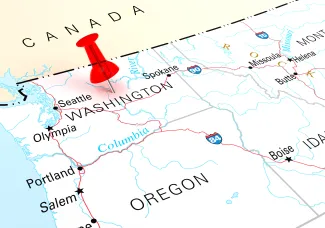
"For every animal you find that has been illegally killed, there are one to two additional animals that were also illegally killed, whose deaths will never be discovered," Weiss explained.
Since 2016, wolf deaths in the state have continued to rise. Last year, the Fish and Wildlife Commission rejected a proposal to reduce protections for wolves from state endangered to state sensitive because of increased deaths.
Weiss argued many myths about wolves need debunking. She noted predator-related livestock deaths are rare, with most losses caused by issues like dehydration and birthing complications. In Washington, wolf-related losses made up less than a 10th of a percent of livestock deaths in 2024.
Weiss emphasized wolves are crucial for healthy ecosystems because they prevent overbrowsing by deer and elk.
"That allows vegetation to grow back and that provides building materials for beaver and nesting materials for migrating neotropical birds," Weiss outlined. "It provides all kinds of habitat for other species."
Weiss explained Washington's wolf plan splits the state into three recovery regions, aiming for breeding pairs in each. The third region, encompassing the southern Cascades and north coast, does not have any. As more wolves are killed in eastern Washington, Weiss added, fewer are left to move west, and they often fall victim to illegal killings.
Weiss stressed she wants the state to maintain protections for wolves: "And really do a lot more public education to help people understand we can live with them and that we need them," she urged.

